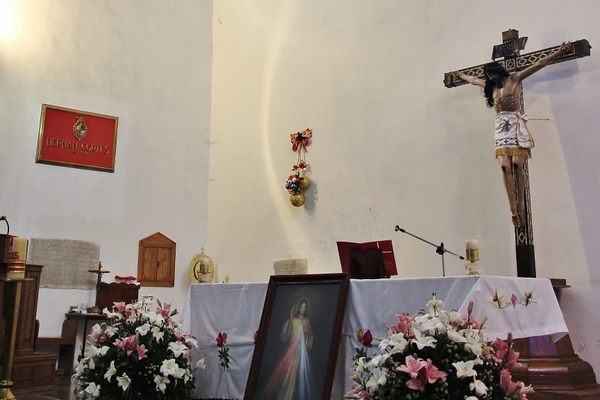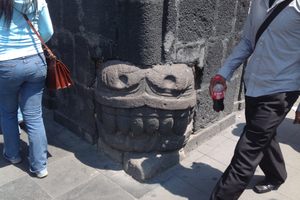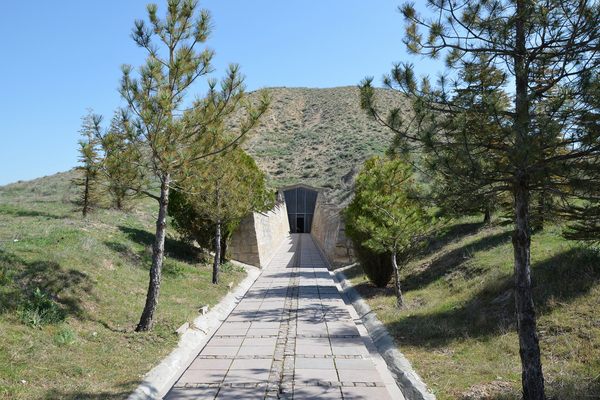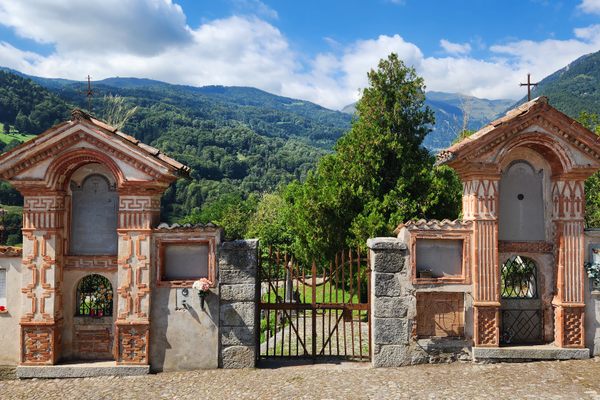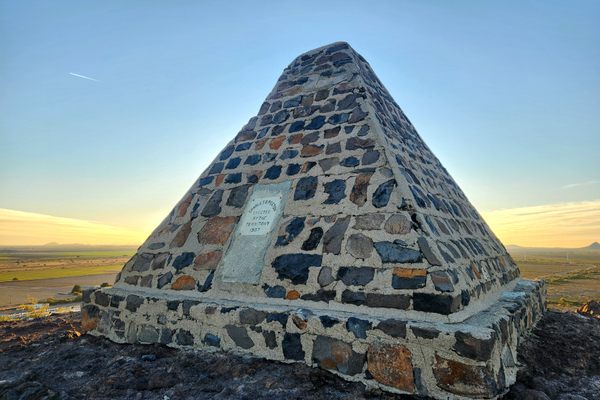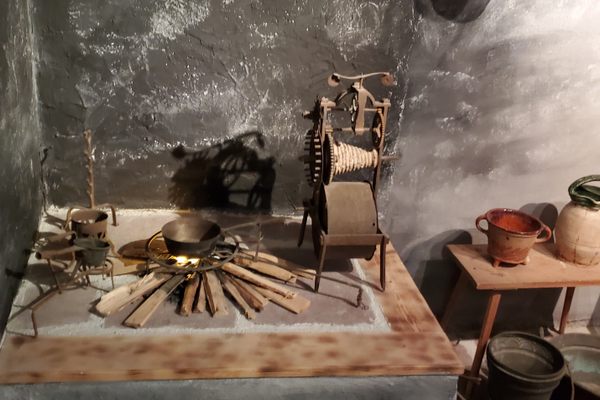About
Hernán Cortés was the conqueror of Tenochtitlán and the first governor of Mexico. After living with absolute power, Cortés died ill and almost in poverty. He desired to be buried in Coyoacán. However, the story surrounding the whereabouts of his remains is worthy of a novel.
It's believed Cortés's body was buried and exhumed several times (none in Coyoacán). Cortés's remains were placed inside the Church of the Immaculate Conception and Jesus Nazareno. There they remained without sorrow or glory, until the end of the Mexican War for Independence.
After the war ended, anti-Spanish sentiments led to the belief that his remains would be desecrated. At the time, Minister of Interior and Exterior Relations Lucás Alamán, spread the word that many of the remains had been transferred to descendants in Italy. In actuality, Alamán hid the remains under a wooden beam inside the Hospital de Jesus, which had been founded by Cortés. Later, he had the remains moved back to a small corner inside the Church of the Immaculate Conception, right next to the altar. A secret burial act was filed by Alamán so the location would not be forgotten over time. The document remained classified for generations.
The whereabouts remained completely unknown for around 123 years, until 1946 when the burial act was finally released to the public. That year—with great media coverage—the bones of Cortés were discovered. Many called for the remains to be destroyed, so a modest plaque was installed identifying the burial location. The bones remained sealed behind the walls.
Cortés is considered an uncomfortable guest at the temple. Closer views of the plaque and photos are not allowed. The temple prefers to show off the mural that Jose Clemente Orozco painted on the ceiling; however, it's the only grave that stands out on the walls for its vibrant plaque.
Related Tags
Know Before You Go
Visiting hours vary due to religious ceremonies. When visiting the church you should not lose sight of the rest of the graves on the walls. Some belong to conquerors, descendants, and even Lucas Alamán himself is buried here.
Flavors of Oaxaca: Markets, Mezcal & Home-Cooked Meals
A Culinary and Cultural Journey Through Oaxaca.
Book NowPublished
January 22, 2020


